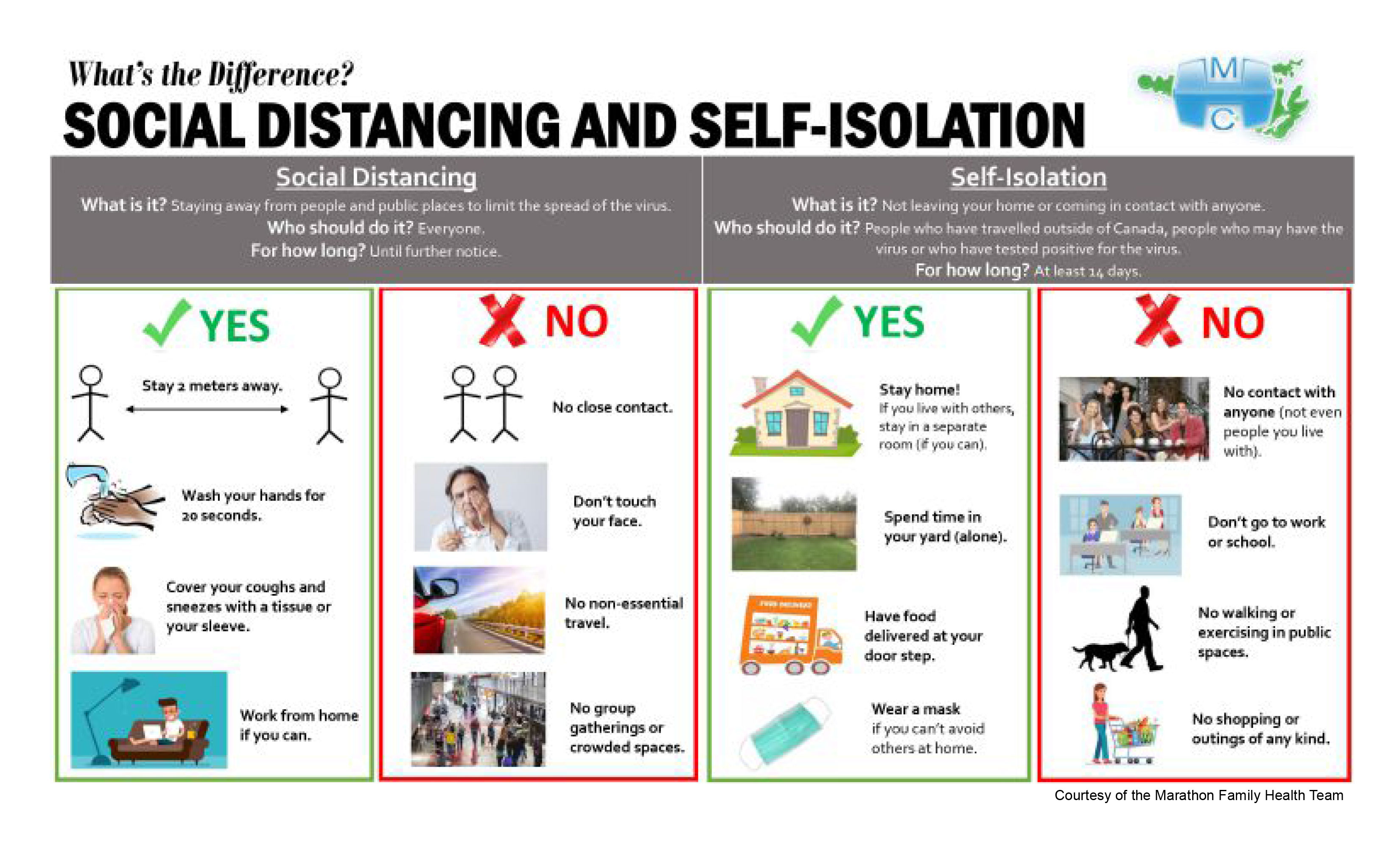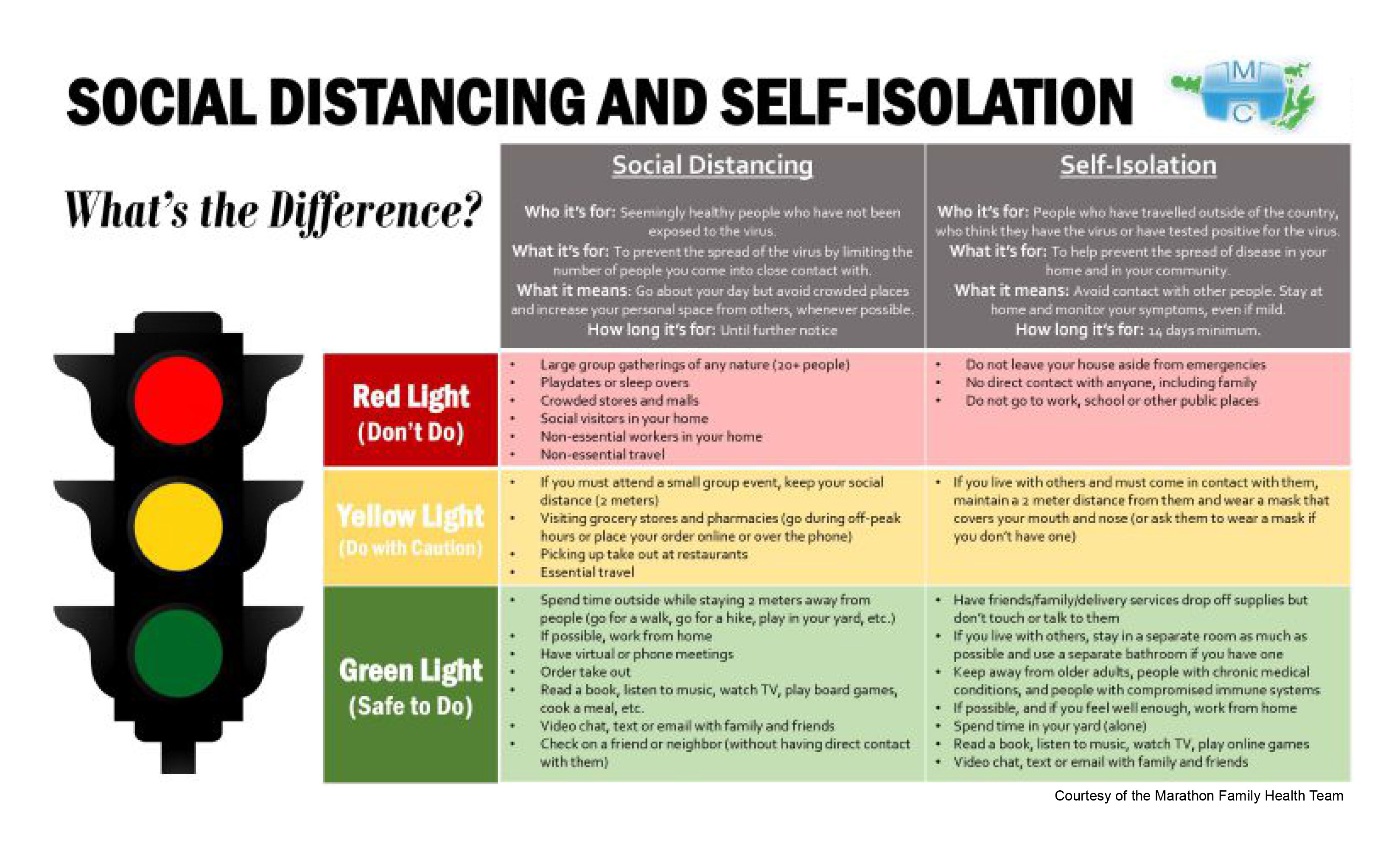Symptomatic
Individuals with at least one symptom can be tested at the assessment centre.
COMMON SYMPTOMS
- Fever - 37.8 C or greater
- Cough - that is new or worsening (continuous, more than usual if chronic cough) not related to other known causes or conditions
- Shortness of breath - dyspnea, out of breath, unable to breathe deeply, wheeze, that is worse than usual if chronically short of breath
Other symptoms of COVID-19 can include:
- Sore throat - painful swallowing or difficulty swallowing
- Rhinorrhea (runny nose) - not related to other known causes or conditions
- Nasal congestion - not related to other conditions (ie seasonal allergies)
- New olfactory or taste disorder - (decrease or loss of smell or taste) Not related to other known causes or conditions (e.g., nasal polyps, allergies, neurological disorders)
- Nausea and/or vomiting - Not related to other known causes or conditions (e.g. transient vomiting due to anxiety in children, chronic vestibular dysfunction)
- Diarrhea - Not related to other known causes or conditions (e.g., Irritable bowel syndrome, inflammatory bowel disease, side effect of medication)
- Abdominal pain that is persistent or ongoing - Not related to other known causes or conditions (e.g., menstrual cramps, gastroesophageal reflux disease)
Atypical signs and symptoms of COVID-19 should be considered, particularly in infants and children, older persons, and people living with a developmental disability.
Atypical symptoms can include:
- Chills
- Headache that is new and persistent, unusual, unexplained, or long-lasting - Not related to other known causes or conditions (e.g., tension-type headaches, chronic migraines)
- Conjunctivitis (pink eye) - Not related to other known causes or conditions (e.g., blepharitis, recurrent styes)
- Fatigue, lethargy, or malaise (general feeling of being unwell, lack of energy, extreme tiredness) that is unusual or unexplained - Not related to other known causes or conditions (e.g., depression, insomnia, thyroid dysfunction, anemia, malignancy)
- Myalgias (muscle aches and pain) that are unexplained, unusual, or long-lasting and not related to other known causes or conditions (e.g., fibromyalgia)
- Decreased or lack of appetite - For young children and not related to other known causes or conditions (e.g., anxiety, constipation)
Asymptomatic Testing
-
Testing prior to a scheduled surgery
-
Admission to hospital - if from another hospital, LTC home, retirement home, or other congregate living setting/institution. Also includes transfers between facilities even within the same multi-site organization.
-
The public health unit or the COVID Alert app notifies the person that they have been exposed to a confirmed case of the virus.
-
They live or work in a setting that has a COVID-19 outbreak, as identified by the local public health unit.
- Eligible for testing as part of a targeted testing initiative as determined by the Ministry of Health or Ministry of Long-Term Care, including:
-
- Residents or workers in long-term care homes
- Visitors to a long-term care home
- Residents or workers in homeless shelters
- Indigenous communities
- Other setting-specific populations, as outlined in CMOH guidance (e.g., asymptomatic cancer patients)
Self-screening
For individuals, visit
https://covid-19.ontario.ca/self-assessment
For students, visit
https://covid-19.ontario.ca/school-screening
The MHC Team thanks you for your understanding.

